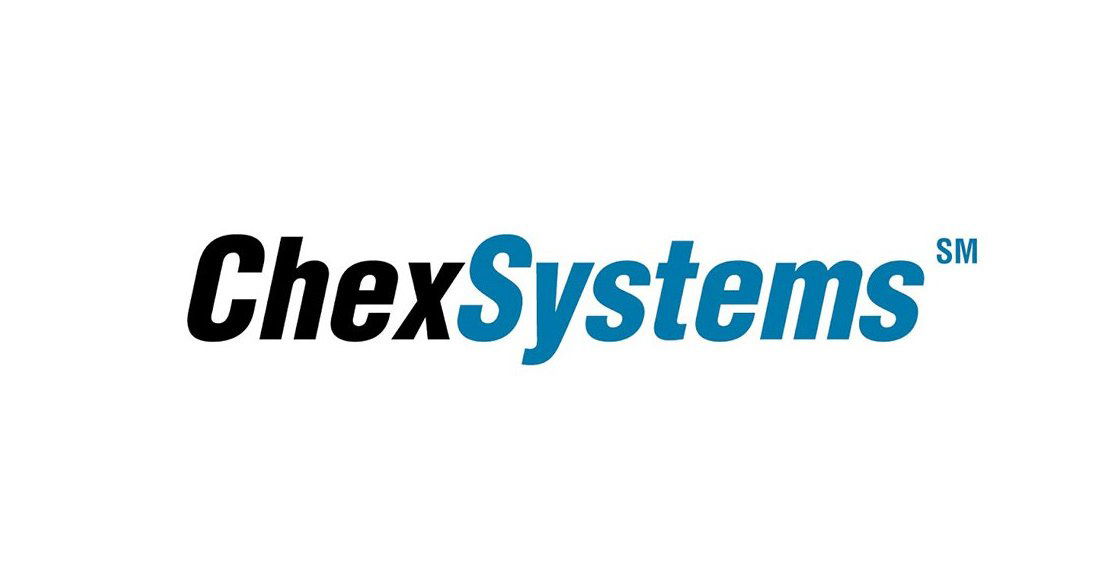Being denied a bank account is frustrating, but it usually comes down to a few common reasons—most often a negative record with ChexSystems, unpaid fees, or missing identification. These issues can make banks see you as a higher-risk customer, but they’re not permanent barriers.

With the right steps, you can fix the problem and open an account, sometimes within days. This guide shows you how to find out why you were denied, correct errors, settle past debts, and choose the best alternative banking options so you can get back to managing your money with ease.
Key Takeaways
- Most bank account denials stem from a negative record with ChexSystems, missing identification, or unpaid fees, but these issues can be fixed.
- After a denial, request your ChexSystems report, correct any errors, clear valid debts, and look into non-ChexSystems banks or second-chance accounts.
- Building consistent deposits, keeping balances positive, and practicing responsible account management can restore your banking profile and expand your options.
Why Having a Bank Account Matters
A bank account is more than a place to store money. It streamlines everyday tasks like receiving direct deposits, paying bills, and transferring funds.
Many services, including loans and certain jobs, require you to have an account. Without one, you may end up relying on costly alternatives such as check-cashing services or money orders, which can eat into your income over time.
Why Banks Deny Account Applications
Banks turn down applications for several reasons, often tied to your banking history or identity verification issues. Knowing the cause is the first step to fixing it.
- Negative record with ChexSystems: Banks often check ChexSystems, which tracks issues like unpaid overdraft fees, repeated bounced checks, or accounts closed for negative balances. Any of these can make you appear high risk.
- Low credit score or poor credit history: Some banks review your credit report, especially if the account offers overdraft protection or other credit-based features. Late payments, high debt, or a low credit score can hurt your chances.
- Missing or invalid identification: Federal law requires banks to confirm your identity. If your documents are expired, mismatched, or incomplete, your application can be denied.
How ChexSystems Affects Your Approval Chances
ChexSystems works much like a credit bureau, but instead of tracking loans and credit cards, it records your banking activity. This can include unpaid fees, account closures, bounced checks, and suspected fraud.
A negative ChexSystems report can make opening a standard account harder, but policies vary. Some banks weigh recent activity more heavily than older issues, and others—such as non-ChexSystems banks—may be more willing to approve you.
What to Do Immediately After Being Denied a Bank Account
Taking quick action after a denial can help you resolve the problem and improve your chances next time.
Request Your ChexSystems Report
You’re entitled to a free ChexSystems report after a denial. Request it through the ChexSystems website, by phone, or by mail using basic personal information for verification. This will show any negative records that may have caused the bank to turn down your application.
Review the Report Line by Line
Look over every entry from the past five years. Pay close attention to unpaid fees, overdrafts, closed accounts, or anything else that stands out. Identifying the exact reason for the denial will guide your next steps.
Dispute Any Errors
Mistakes are common. Watch for incorrect personal details, duplicate records, or unfamiliar transactions. If you find an error, file a dispute with ChexSystems online, by mail, or via fax. Include supporting documents, and they’ll have 30 days to investigate and update your file if the dispute is valid.
How to Fix Legitimate Negative Records
If the negative marks are accurate, addressing them promptly can improve your standing with future applications.
Pay Off Unresolved Debts
Contact the bank or creditor listed in your report and arrange to pay any outstanding fees or balances. While the record may stay for up to five years, a paid status shows you’ve resolved the issue and can make you a stronger applicant.
Build a Positive Banking History
Once debts are cleared, focus on maintaining good account habits. Keep balances positive, make regular deposits, pay fees immediately, and avoid overdrafts. Over time, these practices rebuild your profile and expand your banking options.
Alternative Banking Options
If you can’t open a standard bank account, there are other ways to manage your money while you work on fixing the issues that caused your denial.
1. Banks That Don’t Use ChexSystems
Some banks choose not to use ChexSystems or weigh it alongside other factors, giving applicants with past banking problems another chance. These banks often focus more on your current income and stability than old account issues.
Be ready to provide proof of income or other financial documents, and review the account’s terms so you understand any fees, limits, or requirements.
2. Second-Chance Bank Accounts
Second-chance bank accounts are built for people with a poor banking history. They usually include basic features like a debit card, check writing, and online bill pay, but may have limits on transactions, higher fees, or no overdraft protection.
Many banks and credit unions offer them, and if you manage one well, you can often upgrade to a standard account in time. Being open about your history and showing good account management can speed up that process.
See also: Best Second Chance Checking Accounts
3. Prepaid Debit Cards
Prepaid debit cards work like regular debit cards but don’t require a bank account or credit check. You load money onto the card and use it for purchases, bills, and ATM withdrawals.
They can help with budgeting since you can only spend what you’ve added, but watch for activation, reload, and transaction fees. They also won’t help you build a credit history and offer fewer protections than a bank account.
How to Build a Positive Banking Relationship
A strong relationship with your bank improves financial stability and can lead to better account options over time. Whether you’re using a second-chance account, banking with a non-ChexSystems institution, or starting fresh after fixing errors, the key is consistent, responsible account management.
Manage Your Account Proactively
Avoid overdrafts by keeping a buffer in your account, opting out of overdraft protection, and tracking your spending closely. One negative balance can trigger fees and leave a mark on your banking record.
Monitor Balances and Transactions
Check your account regularly using online banking or a mobile app. This helps you spot errors or unauthorized charges quickly. Set up alerts for low balances or large withdrawals to stay in control.
Make Consistent Deposits
Regular deposits show financial stability, even if the amounts are small. Use direct deposit from your job, transfer funds from other accounts, or set up automatic deposits to build a steady banking record.
Keep Balances Positive
Plan your spending so your account never dips into negative territory. Budgeting tools and apps can help you map out expenses and avoid costly fees.
Following these habits not only keeps your current account in good standing but also builds a track record that banks value—opening the door to more account options and better financial products in the future.
Final Thoughts
Being denied a bank account isn’t the end of the road—it’s a challenge you can overcome. By finding out why you were denied, resolving any issues, and exploring alternatives like second-chance or non-ChexSystems accounts, you can get back to managing your money with confidence.
Every positive step—paying off debts, avoiding overdrafts, making regular deposits—improves your banking history and increases your approval chances. Stay consistent, stay focused, and you’ll rebuild your profile, giving yourself access to the full range of banking services over time.




